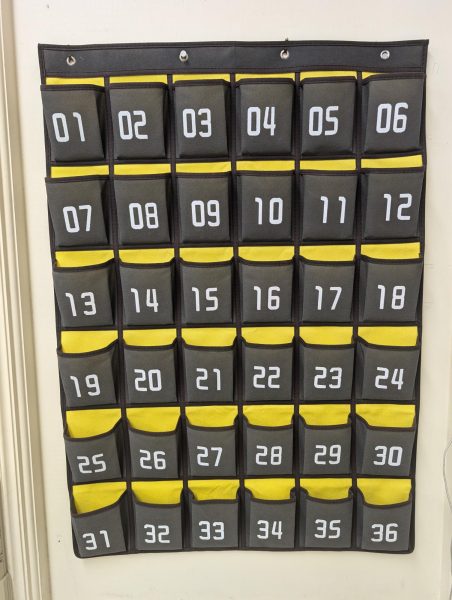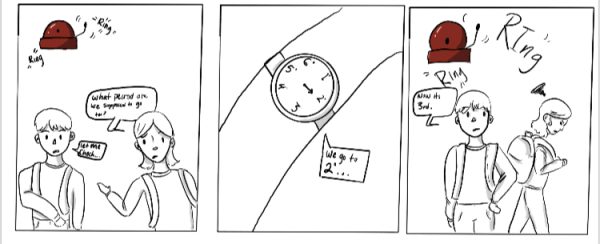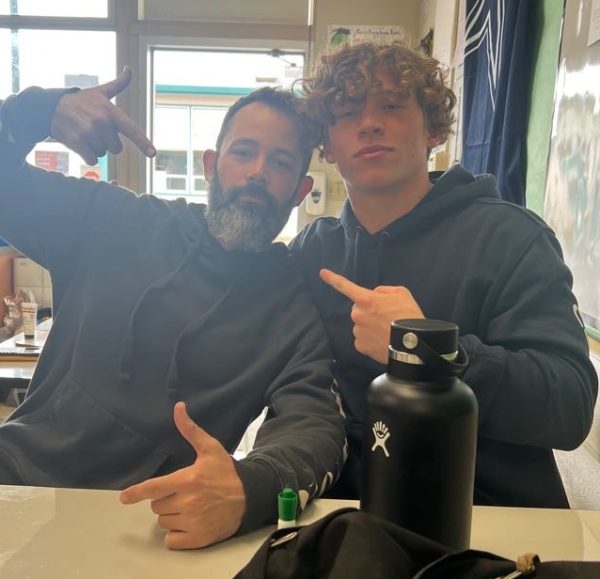Wake Up And Understand The Teens
Teenagers are often viewed as moody, lazy troublemakers claiming to be misunderstood. Hormonal changes often overshadow a large, contributing issue in teenage lives: Sleep. SVHS students are no exception.
“[It] takes me a while to sleep,” explains sophomore Isabelle Stevens, often comfortable wearing pajamas to school. Despite setting time aside for homework to devote eight hours to sleep, she still naps in class after an assignment.
The National Sleep Foundation states teens may naturally start feeling fatigue around 11pm. Melatonin—a hormone released from a brain’s pineal gland, active during sleep—releases in teens about that time.
Many studies claim teens need approximately eight to ten hours of sleep per night.With homework, a 7 to 8am class, after school activities, perhaps a long distance to school, late night internet interactions, many SVHS students struggle to sleep that long.
Many schools started around 9am until the 1970’s. Some adults believe this was to sync with parents’ job schedules.
According to Energy.gov, the Yom Kippur War started in 1973 with a major oil trader of the US, the Middle East. Oil used as gas was limitedly imported, causing an “energy crisis.”Articles from AmericanHistory.edu and CityLabs.gov proclaim that the US needed to cut back on its fuel uses.
Many students needed to take a bus to school. In order to save fuel costs on buses, school start times were staggered, not corresponding with adolescent sleep patterns.
“This was great from a cost perspective,” stated co-founder and director of Start School Later advocacy group, Terra Snider. Her organization pushes to have schools start at more reasonable hours.
Although school is major in teen sleep issues, many studies have also linked cell phones to keeping teens awake. The Washington Post explains teens looking at their tech screens late at night are exposed to many forms of light, including melatonin-disrupting blue light.
Lack of rest, according to the National Sleep Foundation, contributes to issues such as poor memorization, depression, and an increase in zits.
So what can students do besides waiting for votes changing school’s start time? Increase tiredness by exposing eyes less to blue light. An hour for other relaxing activities will help one nod off to dream world.






